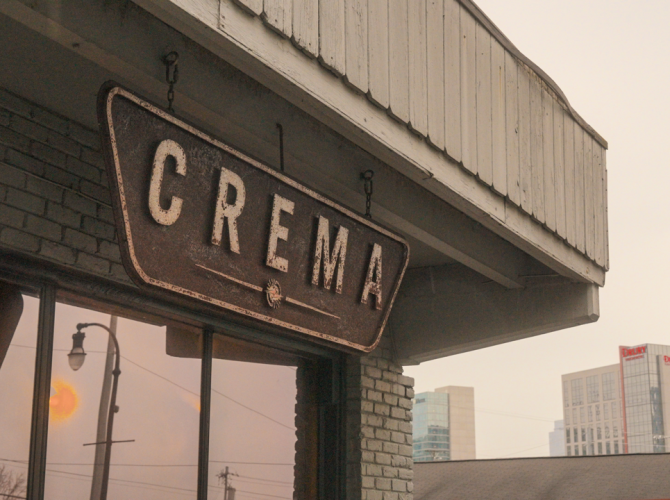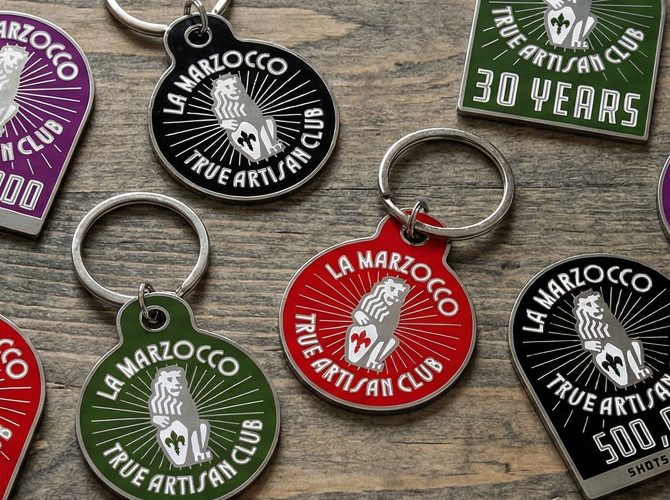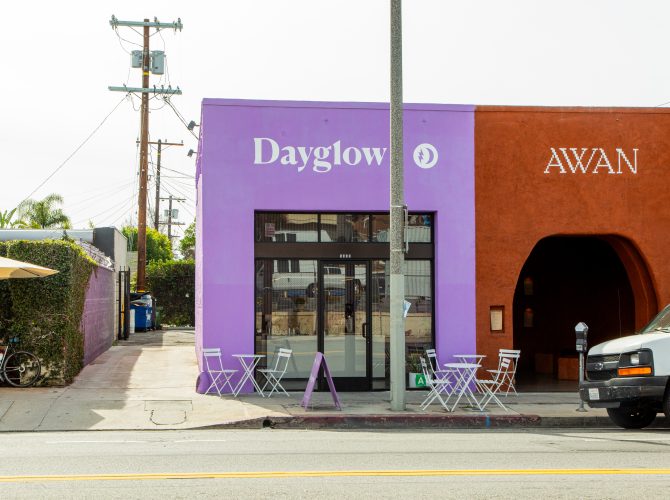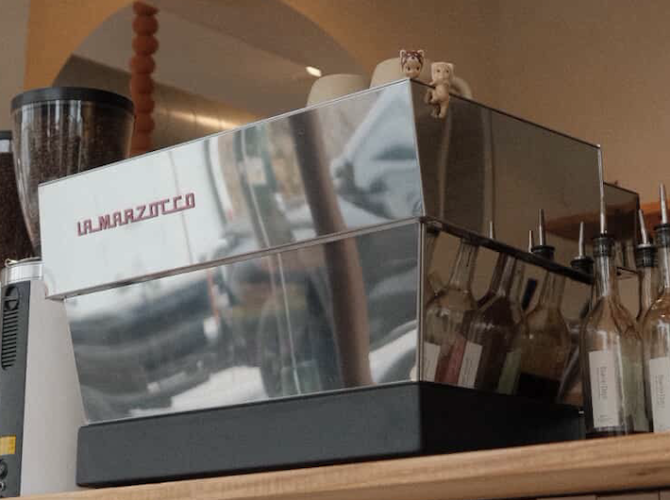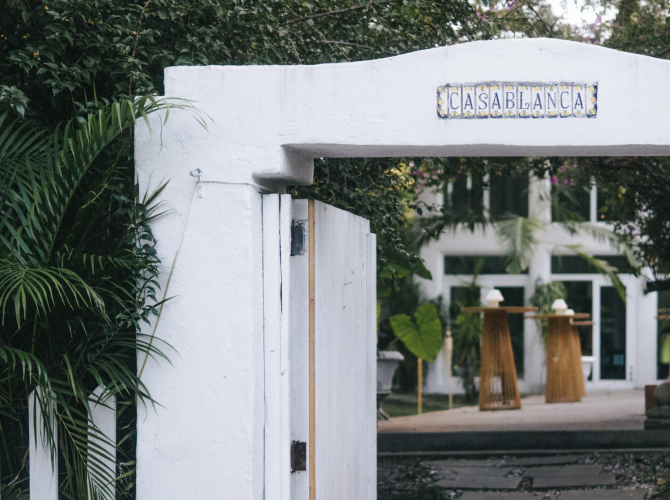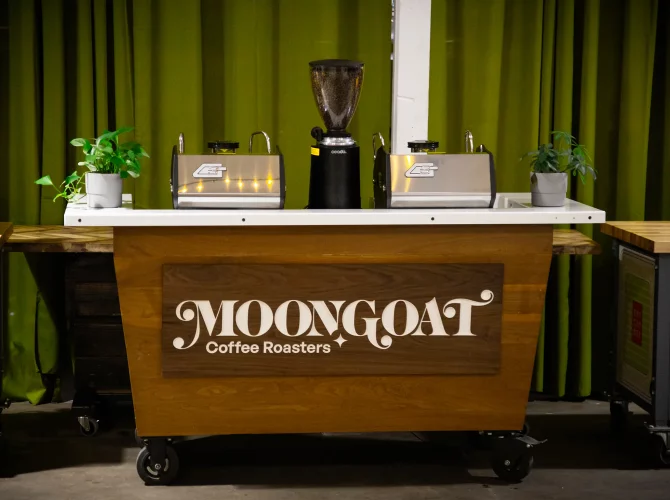Opening Notes is a new content series from La Marzocco focusing on the information everyone should know before they open their first café. Over the next few months, this series will examine topics that cover business practices, marketing ideas, and café operations, each featuring a coffee expert in that field.
Rachel Apple is an independent coffee consultant and a Cup of Excellence Head Judge. She also does green QC & marketing positioning for producers and exporters such as Higa Coffee, 3 Tigers Coffee, and JNP Coffee, and is currently consulting for a roastery operations software company, Flexnet. She’s also a founding member of Raise the Bar, whose upcoming Level Up coffee event aims to give baristas necessary training opportunities. Rachel spoke with us about the importance of continual education in the café.
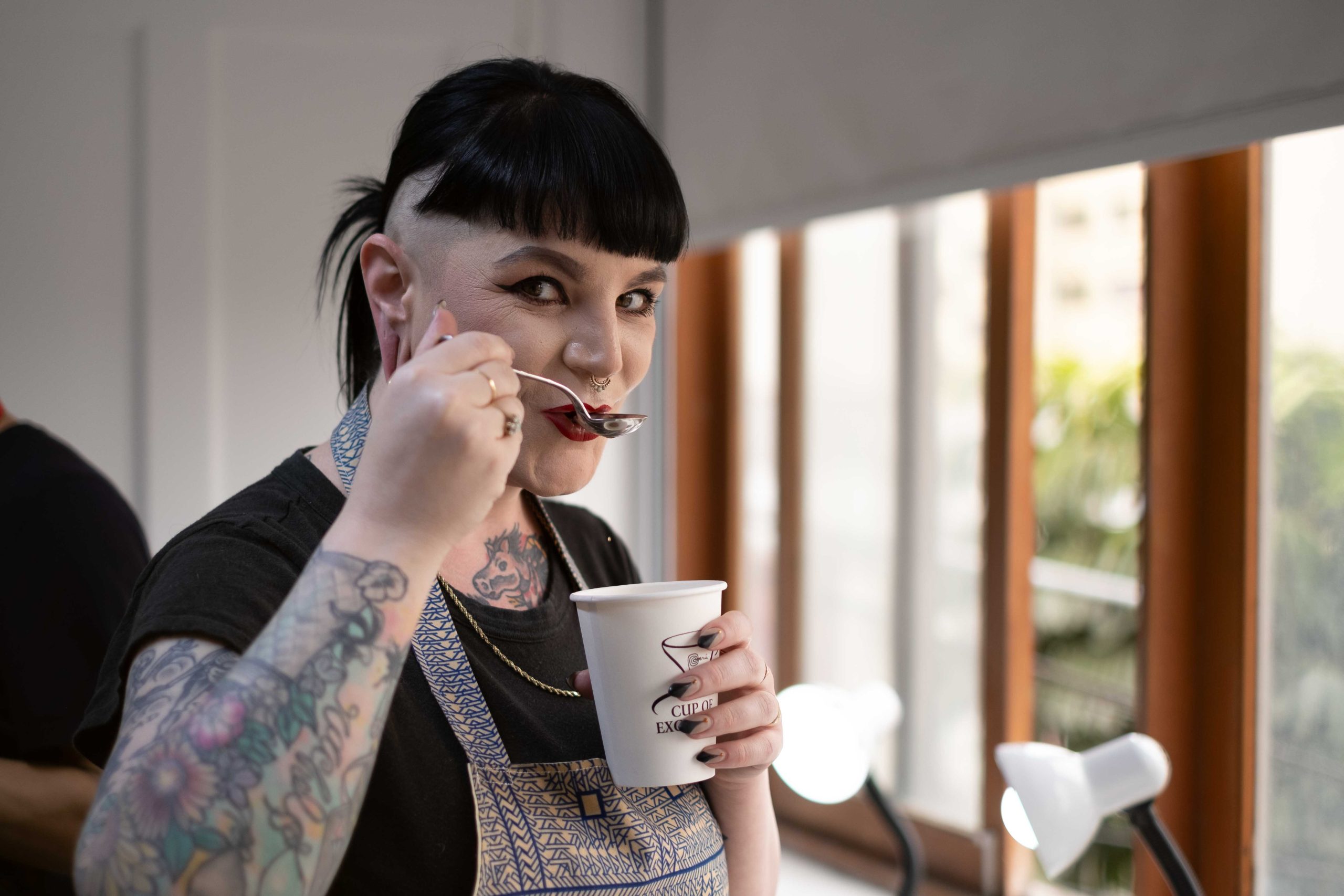
Why is coffee education so important when opening a new café?
As café operators, you have chosen to be the last bastion of the coffee supply chain. You are privileged to be the face that serves this global beverage to your regular customers, and understanding the product that pays your bills is important! When we better understand what makes an excellent cup of coffee (defining excellence however you like – quality, service, the fact that its your customers favorite cup in town – it’s not limited in definition to just the tippy top of the pyramid of auction grade coffees) we can better represent all of the people that came before us to make that single transaction happen. Even 80-83 point every day darker roasted coffees are still harvested, processed, milled, bagged, and loaded into containers by hand in most countries, all before they are then hand roasted, packaged, and shipped to you in cardboard boxes ready to be dumped into the hopper and dialed in. How fortunate we are that we live in a time now where we have access to educate ourselves about this tropical miracle of a beverage? Learning about that product as you launch new ventures allows you to focus on what matters to you most in your café, and be a responsible actor in a very special industry that stretches far beyond any one café’s reach.
What is the most important part of coffee education for new baristas?
Before you can even get to coffee education, you need to focus on making sure that the baristas have the tools to do their jobs, like understanding equipment, company ethos, café HR & safety, etc. Then comes the fun part – learning more about extraction, producing countries, processing methods, etc, etc. But basics first – coffee is this fruit that all these things happen to, and then we get to drink it. What are the things that change extraction? What is the difference between strength and extraction? How can we make changes to make a coffee taste better, like what’s actually under a barista’s control and what’s not? Those are the building blocks that we can layer nuance onto as we move forward.
What is the most important part of coffee education for owners or managers?
I think accountants, managers, HR, marketing, all teams involved in a coffee company deserve at the bare minimum a Coffee 101 introduction to see how these little beans show up to their company, to have a basic understanding of the miracles that have to happen for us to open our doors for business every day. Not just “coffee is from Ethiopia, it is a fruit”, but a real step-by-step instruction on all of the things that farmers & producers, exporters, importers, and roasters do to provide us with that product so we can properly value it as the heart of our businesses.
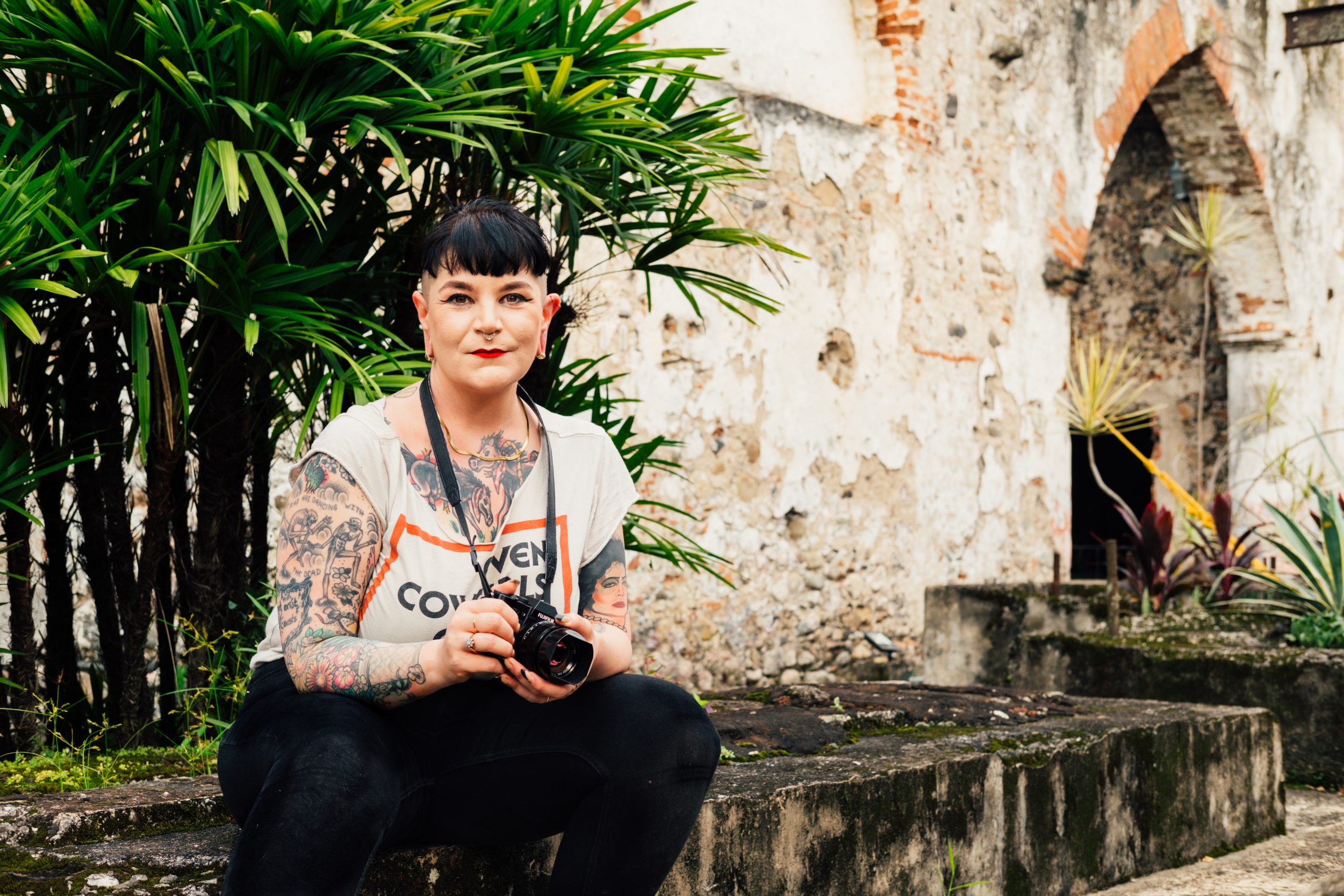
How does continual coffee education help café staff?
It is well-studied that repetition at least six times significantly improves long-term cognitive retention. So when we hand a new employee a handbook, battered copy of the Coffee Atlas, and give them a three-day onboarding of how to operate equipment and dial in and let them loose, we’re not setting them up for success. Continued coaching, professional development, and reiteration of core facts allow for both learning and growth of staff. People who feel confident in their knowledge can be excellent advocates for coffee, but they can also focus on offering excellent hospitality when they are confident in their knowledge base and do not flounder to remember that one fact or critical information point mid-customer service interaction.
What are other aspects of coffee education that are crucial to a café’s success?
Understanding the human labor that came before allows us to also put ourselves in that framework as we put our labor into those lattes. As baristas or managers or whoever in a café service it can feel isolating when you are only able to see your own struggles of day to day tedium or typical café frustrations, but when we know that we are a piece of a larger whole (at least to me) it brings more buoyancy to the piece that we are contributing to in that moment. When we have the mental investment and emotional buoyancy of being a part of a collective industry, and when we understand our own why, it shifts the lens of clocking in and out to participating in a whole. I don’t believe that every single person that works in a coffee shop has to commit to a lifetime of care and investment in coffee as a career – but I do believe that when empowered with education and knowledge people burn out at a lower rate and there is human enrichment in doing work that you have understanding if not full blown belief in.
How does coffee education affect a café’s overall business plan?
I’m not sure about how it affects a business plan, but I suppose I would answer with another question: How can you expect to make a true and resilient business plan if you are not at least lightly educated about coffee? We’ve seen massive business impacts just this last year with C market prices and tariffs, then the years before that with supply chain and shipping issues, and if you do not understand the industry you are participating in it is only a matter of time before your bottom line is deeply impacted by your lack of awareness of how coffee specific supply chains work.
They don’t have to reinvent the wheel! There are more resources readily available now than ever before in human history. Compile your favorites. Make a movie watch list, build a little library, and do company tastings. Learning is diverse and varied, and the ways in which we teach should also be. Invest in a day of bringing in an outside consultant to fill in areas you don’t feel confident in! Pay baristas for the time they are learning. Do not build a system of “only the hungry get fed,” expecting employees to do outside education and uncompensated labor and learning, only to come and build more profit for your company. It is so expensive to re-hire and train new employees, so think about those costs and roll them into investing in your current staff and building long-term and more sustainable employment for your people!
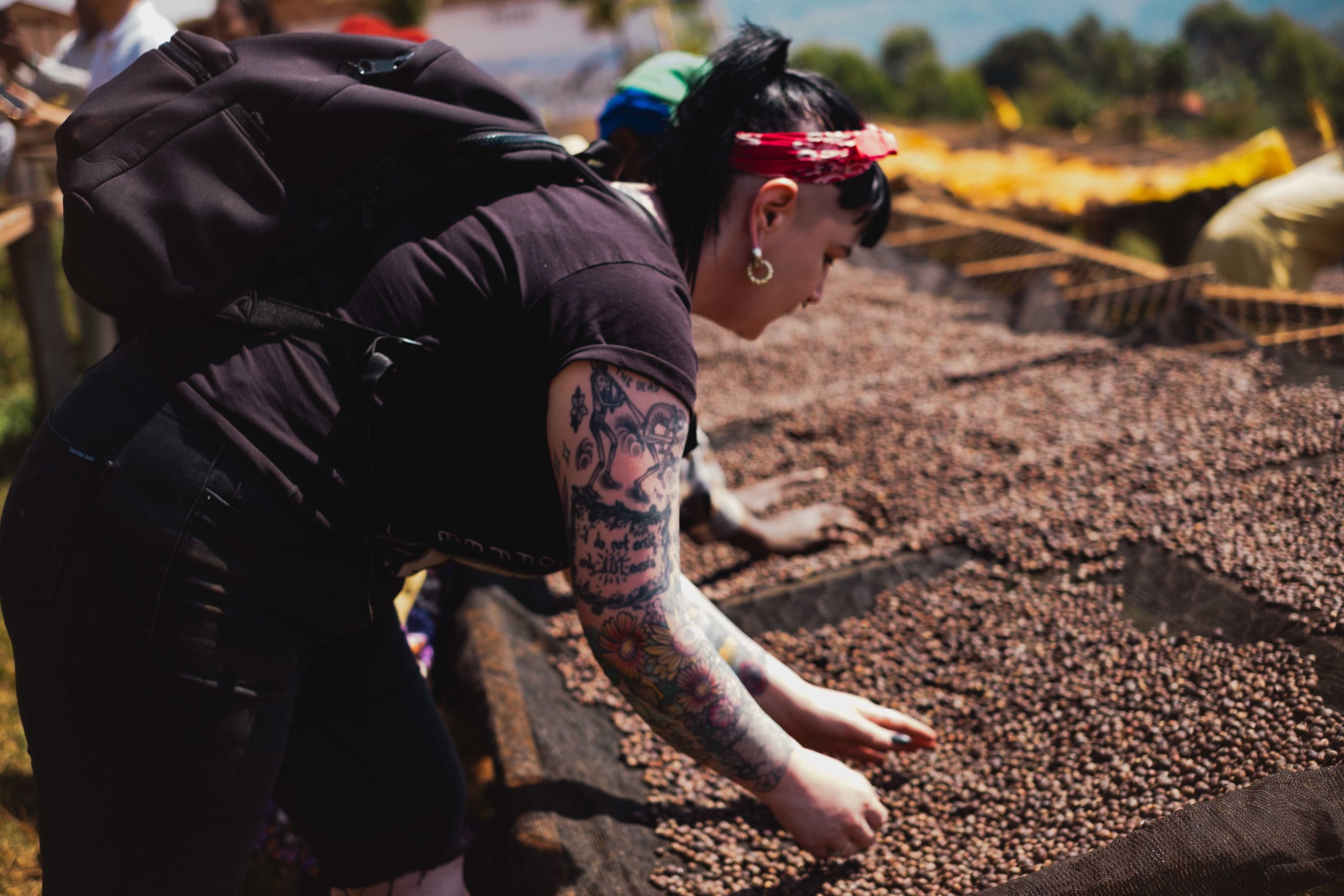
How important is it to work with a variety of educators in coffee?
Very. We all have different backgrounds and areas of expertise! For example, I am not the best guy to talk about your bakery operations and cost of goods – that’s just not my background! Erica Escelante is an excellent resource for just those things. Similarly, I am also not the best guy to talk to the most recent brewers, how five degrees of angle difference will impact your overall extraction, and why this flatbed is outright superior to that conical brewer. And if you want more than a three-layered tulip in your cappuccinos, you’re going to have to look elsewhere. However! I am an excellent resource on coffee quality, extraction 101 & 102, green coffee supply chains, hospitality, and roastery operations. No one educator can be all things to all people, and candidly, I would have deep distrust of someone claiming to be. Just as in any profession, there are many facets, and you only become an expert after many years of focus on one area – so find the people that teach about the area of focus you’re currently focused on, then bring in the next and the next.
What are some ways a person can improve their overall coffee education?
One little step at a time. It’s hard to climb a mountain. I don’t actually like climbing mountains. But I do like taking walks, and sometimes they go uphill. It can feel wildly daunting to build something from nothing, but maybe less daunting to put together a cheat sheet of if-this-then-this how to dial in espresso for your new baristas. Then, the next time you have time, start building a binder of the coffees you offer and a few facts about each. Then the sky is the limit, and maybe you yourself summiting that coffee education mountain one day without even noticing how many steps it took to get there.
What is the biggest coffee revelation you had that changed your perspective on café operations?
Oh geez. Hospitality? But that is a different conversation. I genuinely believe that both caring for your employees as people and caring for your customers as people is a fundamental shift that can make or break an entire business’s operations. And if you can’t do that, then why are you in a coffee-focused hospitality business to begin with?
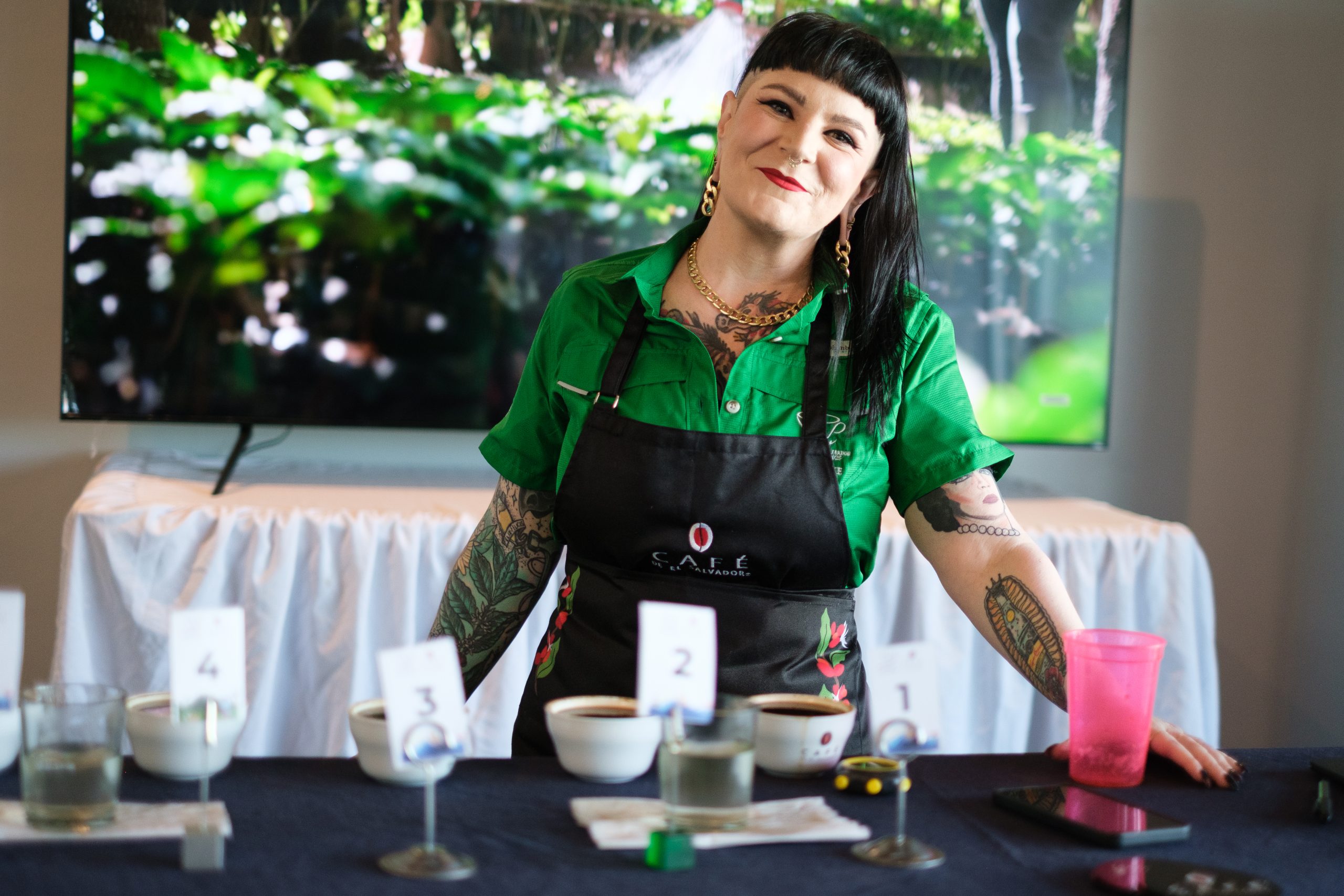
What is the most important piece of coffee education you learned?
Coffee is a fruit. It seems really simple, but the first time I learned that, I didn’t comprehend or understand it. I am one generation off of a very small farm. I come from six generations of farmers and sharecroppers in Oklahoma. I grew up understanding where food comes from and how hard it is to farm for subsistence, let alone as a thriving livelihood. So that moment that I truly understood that coffee is a cherry, people pick cherries, and all this other stuff happens in between for me to push a button, and a delicious caffeine barrage comes out, it changed my life.
To learn more, you can contact Rachel Apple through her website and buy tickets for Level Up on its website. You can also follow Rachel on her Instagram page and see Raise the Bar at the next Women Powered Coffee Summit.

